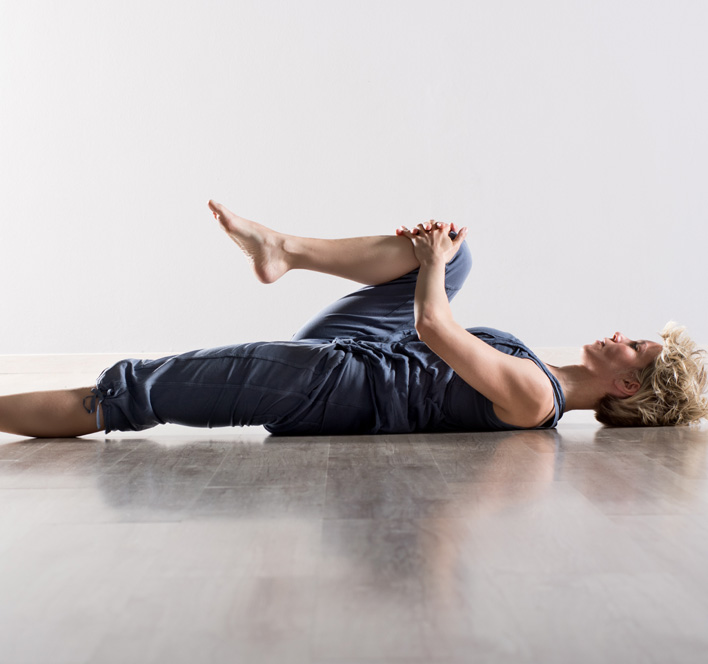Traveling in a car, train, or airplane and trying to sleep while sitting in an upright, cramped position can cause your back and neck to be positioned awkwardly, causing back, shoulder, and neck pain. However,…
Your back is one of the most complex and intricate parts of your body. It houses a network of nerves, ligaments, muscles, bones, and vertebrae that work together to support your head, neck, and torso. As such, keeping your back healthy requires a fair amount of maintenance; you can’t just ignore it and hope for the best. In order to keep your back in tip-top shape, it’s important to practice good posture habits on a regular basis. This will help keep your spine aligned properly and reduce the risk of developing back pain or other spinal issues in the future.
Cracking your spine can relieve tension in the muscles and vertebrae, especially after sitting or standing for a long time. It stretches the area where the crack was made, and that helps bring relief from pain or discomfort with a cracking sound. However, there are risks with cracking your spine. If you have pre-existing conditions that involve the spine, like osteoporosis or scoliosis, you should avoid cracking your back because it could make matters worse. The same goes if you have an injury to the back.
The cracking sound is often due to the release of gas from the facet joints. Pressure on the synovial fluid in the joints causes the release of gasses, resulting in the cracking sound.
Is it Safe to Crack Your Facet Joints?
Cracking your back may feel good at the time, but it actually tends not to be good for you. When you crack your back, you’re actually popping or stretching your joints beyond their normal range of motion. This can put stress on your ligaments and spine, potentially leading to joint dysfunction and other damage.
Improper back cracking can also lead to joint instability, emphasizing the importance of using proper techniques and seeking professional advice if necessary.
Why Does It Feel Good to Hear a Cracking Sound When You Crack Your Back?
Cracking your back can feel good because it can release tension and stiffness in your spine and joints. When you crack your back, you are essentially causing a popping sound as gas bubbles, including nitrogen, oxygen, and carbon dioxide, are being released from the facet joints. This can help improve your range of motion and alleviate pain.
Natural cracking sounds may occur due to tight back muscles and are not necessarily harmful.
Some people also find that cracking their own back is satisfying because they can control how much pressure is applied. While cracking your back may provide temporary relief, it’s important to see a spine doctor if you experience chronic back pain or tightness.
Back Pain Relief: How to Relieve Pain
Back cracking is a process that can relieve pain and provide temporary relief from back pain and stiffness. This can help improve your range of motion and provide relief from neck pain as well. While back cracking can provide some temporary relief, it’s important to see a doctor if you’re experiencing chronic back and neck pain.
As a safer alternative to frequently cracking your back, consider incorporating gentle stretches into your routine to help reduce stiffness, improve movement, and promote a healthy spine.
When Medical Attention is Necessary
Sometimes back cracking can be a sign of a more serious problem, especially if it involves joint cracking. If the cracking is accompanied by pain, swelling, or redness, it could be a sign of an injury to the ligaments or the small joints in the spine. If the cracking is followed by a sudden loss of movement or feeling in the legs, it could be a sign of a problem with the spine itself, such as a ruptured disc. In any case, if you experience back cracking that is accompanied by any of these symptoms, it’s best to see a doctor to get it checked out.
Additionally, joint stiffness can be a symptom that requires medical attention if it persists despite gentle stretching.
Schedule an Appointment to Protect Your Spine Health
Cracking any set of bones in the body can provide relief but can also be dangerous if you force the joint past its comfortable range. You should be cautious when doing so and only crack your back when you really need relief. Sitting in the same position for long periods can lead to stiffness and the need for professional assessment. There are other things to try instead of only relying on cracking your back.
How you crack your back also plays an important role in those risks. If you feel that you have to crack your back often, then it is time to be assessed by a doctor. Call Orthopedic & Laser Spine Surgery at 407-712-8789 to schedule an assessment.

